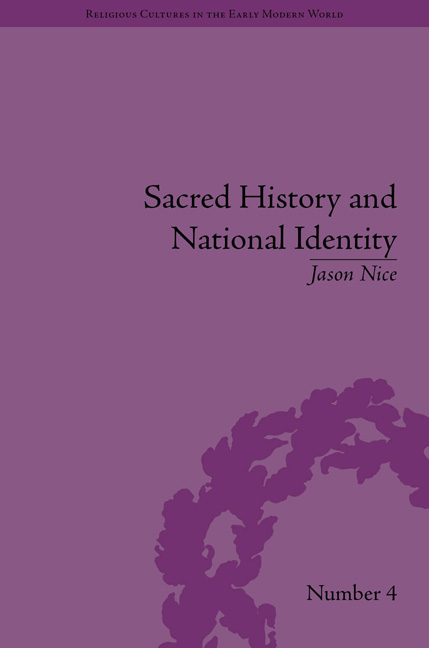Introduction
Summary
As a reward for its faithfulness, the British people would occupy the island again at some time in the future, once the appointed moment should come. This, however, could not be before the relics which once belonged to the Britons had been taken over again and they had transported them from Rome to Britain. Only when they had on show again the relics of all their other saints, which had been hidden away because of the pagan invasion, would they reoccupy their lost kingdom.
Geoffrey of Monmouth, Historia Regum Britanniae (c. 1135)It is well known that sixteenth- and seventeenth-century Welsh and Breton scholars nurtured a belief in the Prophecy of Merlin, which foretold their peoples’ deliverance from foreign servitude. Yet recent historical scholarship has not explored the implications of the prophecy with regard to the explosion of interest in ecclesiastical history and antiquarianism in early modern Wales and Brittany. As Geoffrey of Monmouth declared in the twelfth century, ‘Only when they had on show again the relics of all their other saints, which had been hidden away because of the pagan invasion, would they reoccupy their lost kingdom’. This prophecy, widespread in both early modern Wales and Brittany, helps explain the context and function of sacred historiography in these two provinces.
J. G. A. Pocock states that when attempting a comparative history between the different areas of the British Isles, or Atlantic archipelago:
It is ideally desirable to return to a point in time before any of the structures formed in subsequent history could be said to exist. In British history this might mean adopting an ‘Arthurian’ perspective and looking at the state of the archipelago at the time of the disintegration of the Roman province.
Yet, neither Pocock nor other recent historians of the Atlantic archipelago include Brittany in their comparative studies. This seems rather paradoxical since Pocock's statement applies equally well to Brittany. It is precisely during the ‘Arthurian’ moment of Geoffrey of Monmouth's Historia that the legendary connection between Wales and Brittany commenced.
- Type
- Chapter
- Information
- Sacred History and National IdentityComparisons Between Early Modern Wales and Brittany, pp. 9 - 26Publisher: Pickering & ChattoFirst published in: 2014

